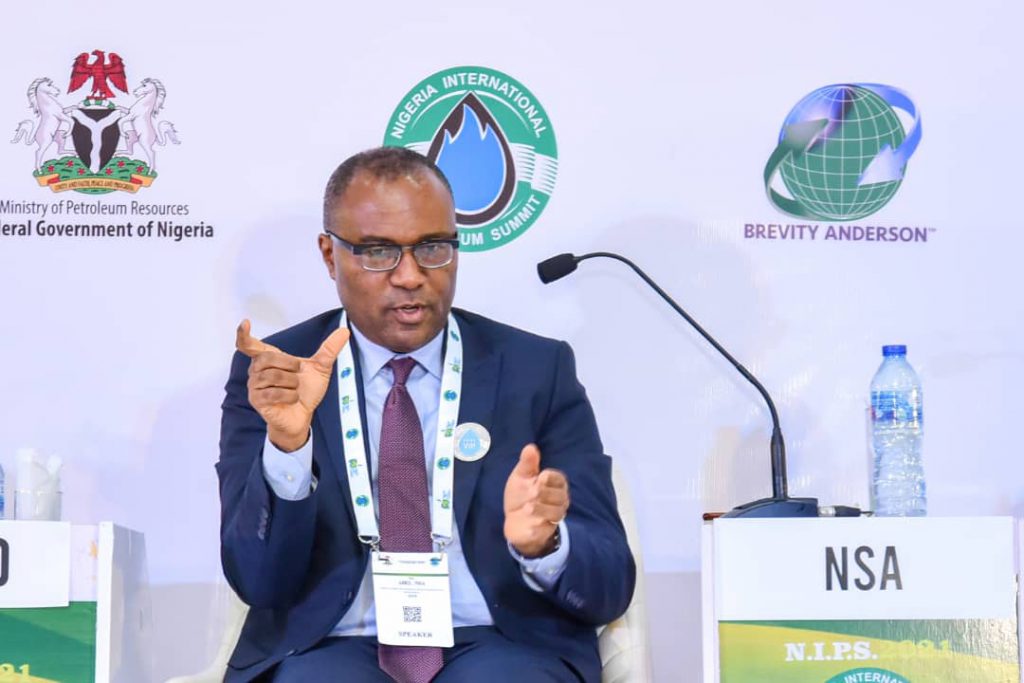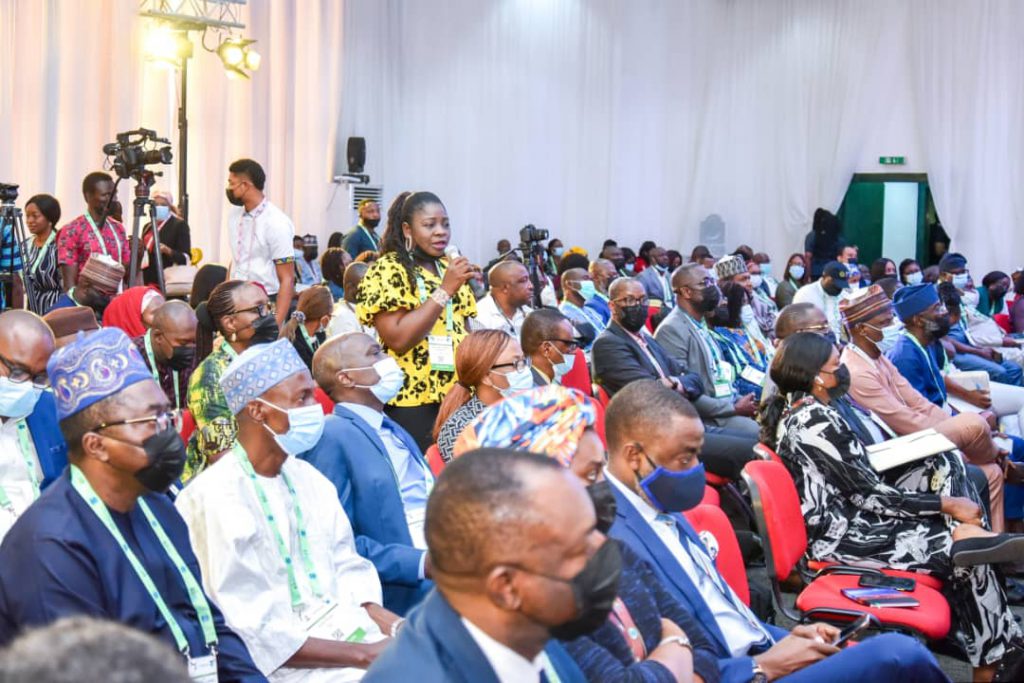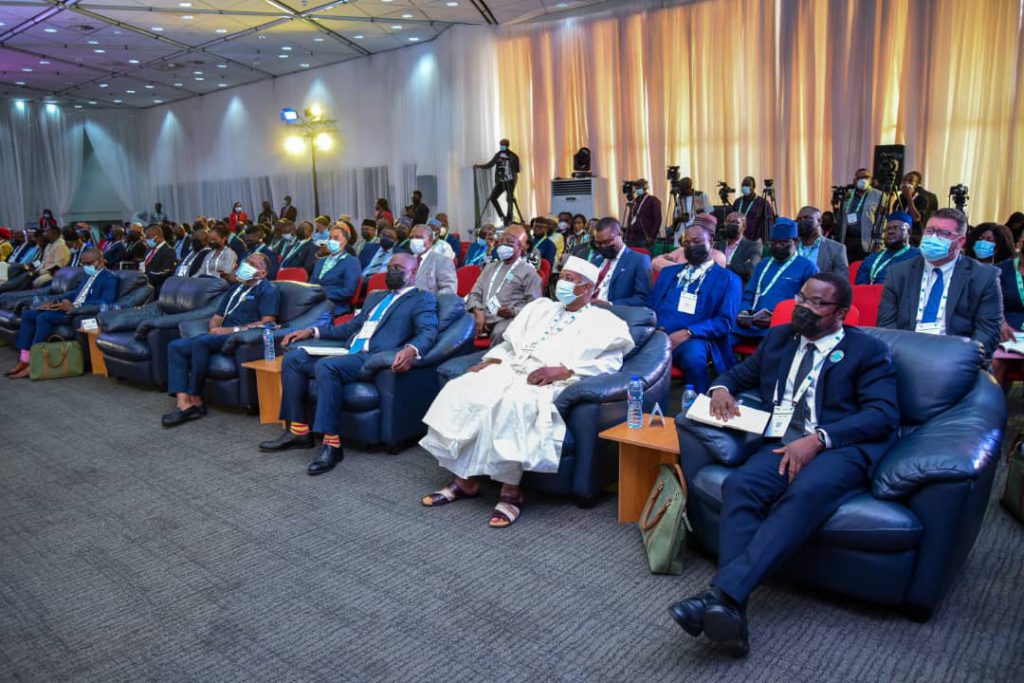The Department of Petroleum Resources (DPR) says Nigeria’s proven natural gas reserve stood at 206.53 trillion cubic feet (tcf) as at Jan.1, 2021.
The new figure represents an increase of 3.37tcf, representing 1.66 per cent percentage increase over the 203.16tcf recorded in the corresponding date of Jan. 1, 2020.
He said that the growth of gas reserves was a critical lever to achieving the Federal Government’s “Decade of Gas Initiative’’, aimed at transforming Nigeria to a gas-powered economy by 2030.
Auwalu said: “Nigeria attained the target of 200tcf of natural gas reserves by the Reserve Declaration as at Jan.1, 2019, before the 2020 target
“Thereafter, the government set a target to attain a Reserve Position of 2020tcf by 2030.
“As a department, we have continued to drive industry performance to grow reserves via dedicated gas exploration, deep drilling, optimal appraisal, field studies and improved oil recovery.
“It is, therefore, my pleasure to formally declare the National Gas Reserves Position as at Jan. 1, 2021 at this important forum.
“Nigeria’s Natural Gas Reserves as at Jan. 1, 2021, stands at 206.53tcf. Associated Gas is 100.73tcf and Non-Associated Gas is 105.80tcf, making a total of 206.53tcf.’’
He said the recent award of 57 marginal oilfields to indigenous companies was one of the strategies to increase their participation in the country’s oil and gas industry.
According to him, Nigeria’s human and natural resources, coupled with being Africa’s largest economy, places the country at a vantage position for investment and participation.
Auwalu said: “Nigeria is positioned to optimally develop its oil and gas resources for the benefit of its 200 million shareholders. Indigenous operators have a significant role to play.
“Government’s aspirations and policy thrust of the “Decade of Gas’’ underpin the drive for investments across the value chain.
“Government will support indigenous and marginal field operators to grow, share and enhance participation in the sector for wealth and value creation.’’









